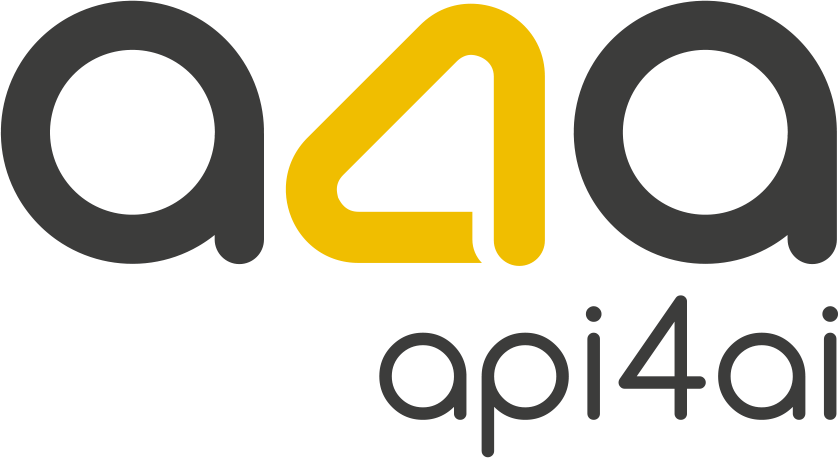
Prevent Dev Burnout with CRken Review Help
Context-switching between writing code and reviewing it can quietly drain a developer’s focus — leading to longer workdays, slower releases and eventual burnout. This blog post explores how LLM-powered tools like CRken help teams reclaim their flow by automating the repetitive side of code reviews. Discover how rethinking your GitLab pipeline can protect deep work, reduce fatigue and boost productivity — without sacrificing code quality.

Beat Tech Debt Early Using CRken AI Reviews
Micro-debt is the silent killer of software velocity. A leftover TODO here, a complexity spike there — each one seems harmless until your team is buried in rework. This blog post explores how AI-powered code reviewers like CRken help you catch early signs of tech debt right in the merge request, before they snowball into costly refactor sprints. Learn how shifting review left with LLMs can streamline development, improve team focus and turn clean commits into long-term business wins.

AI in DevOps: Enhancing Code Review Automation
AI is reshaping the way DevOps teams handle code reviews — turning a common bottleneck into a fast, automated and scalable process. This blog post explores how AI-powered tools, like LLM-based reviewers, are transforming merge request workflows, improving code quality and accelerating deployments without sacrificing team collaboration. Discover how to balance automation with human expertise and what future trends will shape the next generation of intelligent DevOps pipelines.
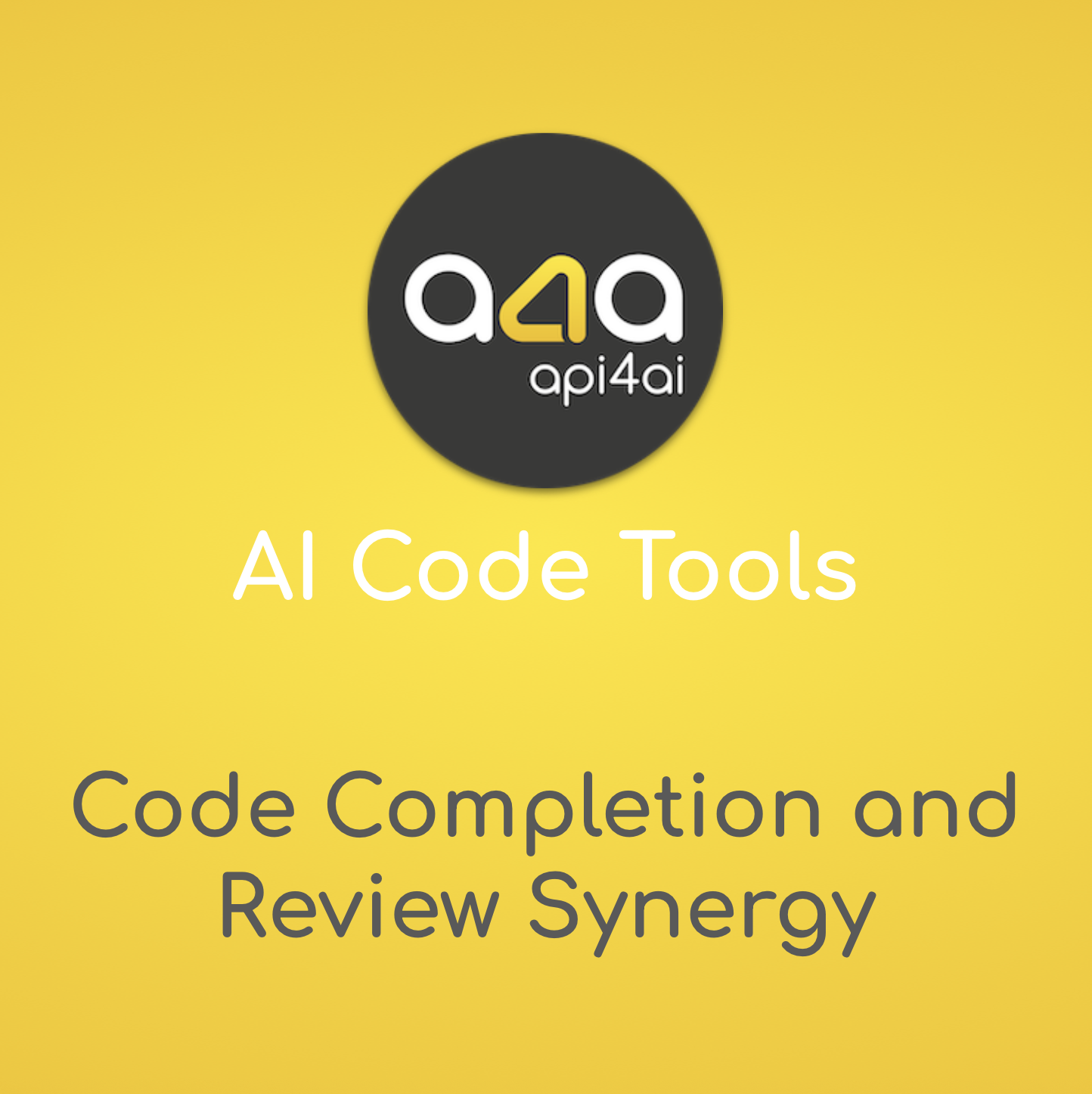
AI Code Tools: Code Completion and Review Synergy
AI is no longer just a buzzword in software development — it's becoming a powerful ally at every stage of the coding process. In this article, we dive deep into how two AI tools — code completion and automated code review — work together to transform the developer experience. You'll learn how real-time suggestions from large language models can speed up coding, while AI-driven reviews provide instant, consistent feedback on merge requests. We also explore practical integration tips, real-world examples like CRken for GitLab and the future of development powered by multimodal AI. Whether you're part of a fast-paced startup or a large engineering team, this synergy offers a smarter, faster and more efficient path to high-quality code.

Top 5 Benefits of Automated Code Reviews
As software development accelerates, ensuring high-quality code while keeping up with rapid release cycles has become a challenge. Traditional manual code reviews, though essential, are often time-consuming, inconsistent and prone to human error. This is where automated code review tools come in — leveraging AI and automation to streamline the process, enforce best practices and enhance overall software quality.
In this post, we explore the top five benefits of automated code reviews, including how they ensure consistency, accelerate development, improve collaboration, detect bugs early and drive innovation. With AI-powered solutions like large language models (LLMs) now capable of understanding code context and intent, automated reviews have evolved beyond simple syntax checks, offering deeper insights and smarter recommendations.
By integrating automated code review tools into DevOps pipelines, teams can reduce review times, minimize errors and free up developers to focus on creative problem-solving. Whether you’re working in Agile, CI/CD or large-scale enterprise environments, automation can help streamline workflows and improve efficiency.
Discover how AI-driven code reviews are shaping the future of software development — and why adopting them today can give your team a competitive edge.

AI-Powered Code Reviews 2025: Key LLM Trends Shaping Software Development
AI-powered code reviews are revolutionizing the software development landscape, making workflows smarter, faster and more collaborative. Built on advanced large language models (LLMs), these tools provide precise, context-aware feedback, automate tedious tasks and accelerate development cycles. As we look to 2025 and beyond, AI-driven solutions like CRken are not just enhancing code quality — they're transforming how teams build, test, and deliver software. By embracing these innovations, developers can focus on creativity and innovation, paving the way for the future of technology.
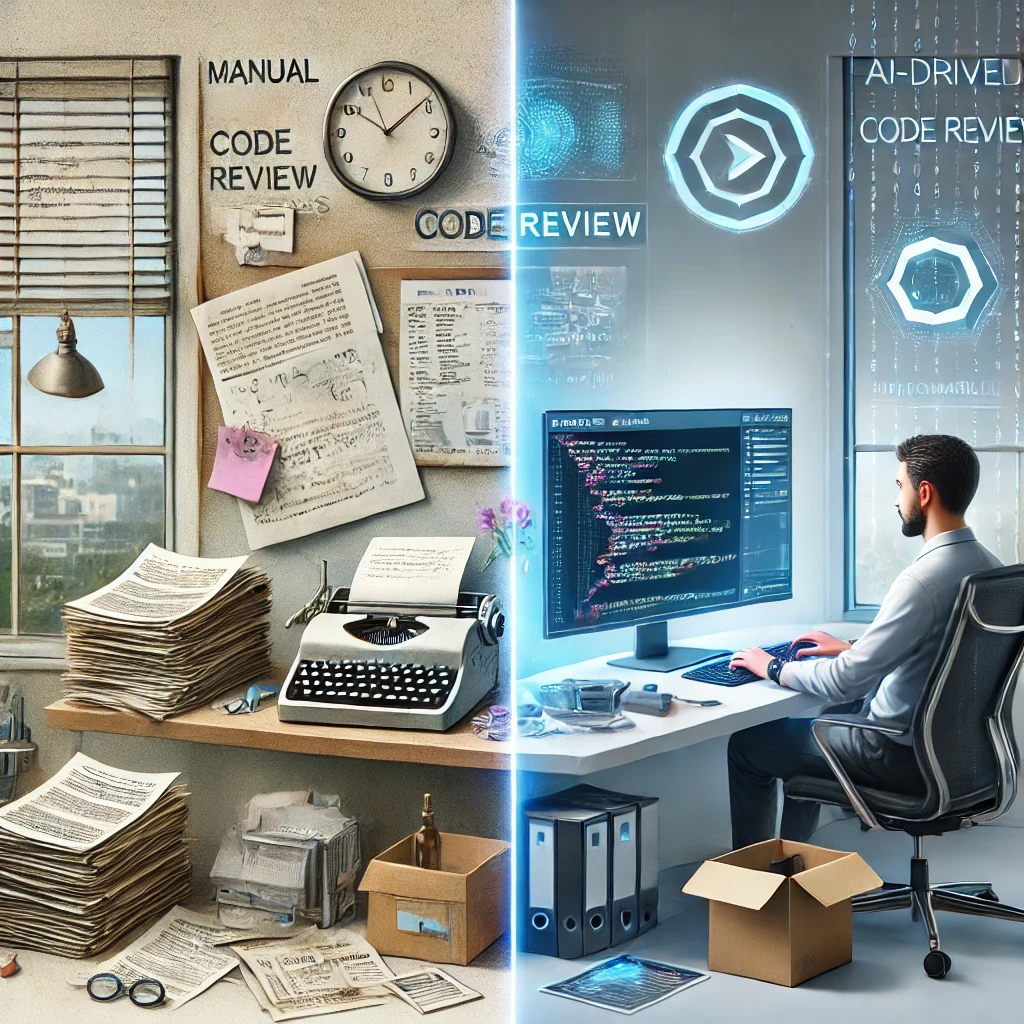
The Evolution from Manual to Automated Code Reviews
Code reviews are an essential part of maintaining software quality, but traditional manual approaches can be time-consuming and inconsistent. Over the years, advancements in automation, static analysis tools and AI-powered technologies have transformed this critical process. From streamlining workflows to enhancing collaboration and boosting code quality, automated code reviews have become indispensable for modern development teams. This blog post explores the evolution of code review practices, highlighting the journey from manual reviews to AI-driven solutions and their profound impact on efficiency, productivity and innovation.

Large Language Models in Code Review Automation
Large Language Models (LLMs) are transforming code review automation, offering unprecedented precision, efficiency and adaptability. By integrating seamlessly into development workflows, LLMs analyze code, provide actionable feedback and support multiple programming languages, addressing the challenges of traditional code reviews. This blog explores how LLMs enhance software development, improve team collaboration, and accelerate feature releases, while also examining their potential to shape the future of AI-driven coding practices. Discover why LLM-powered code review tools are becoming essential for modern development teams.

Top Benefits of Using AI for Code Reviews
In the world of software development, maintaining code quality while meeting tight deadlines can be a daunting challenge. AI-powered code reviews are transforming this process by automating repetitive tasks, enhancing code consistency and catching issues that might otherwise slip through the cracks. From accelerating development cycles to reducing technical debt, AI tools bring unprecedented efficiency and scalability to teams of all sizes. Discover how integrating AI into your workflow can revolutionize the way your team collaborates, innovates and delivers high-quality software faster than ever before.
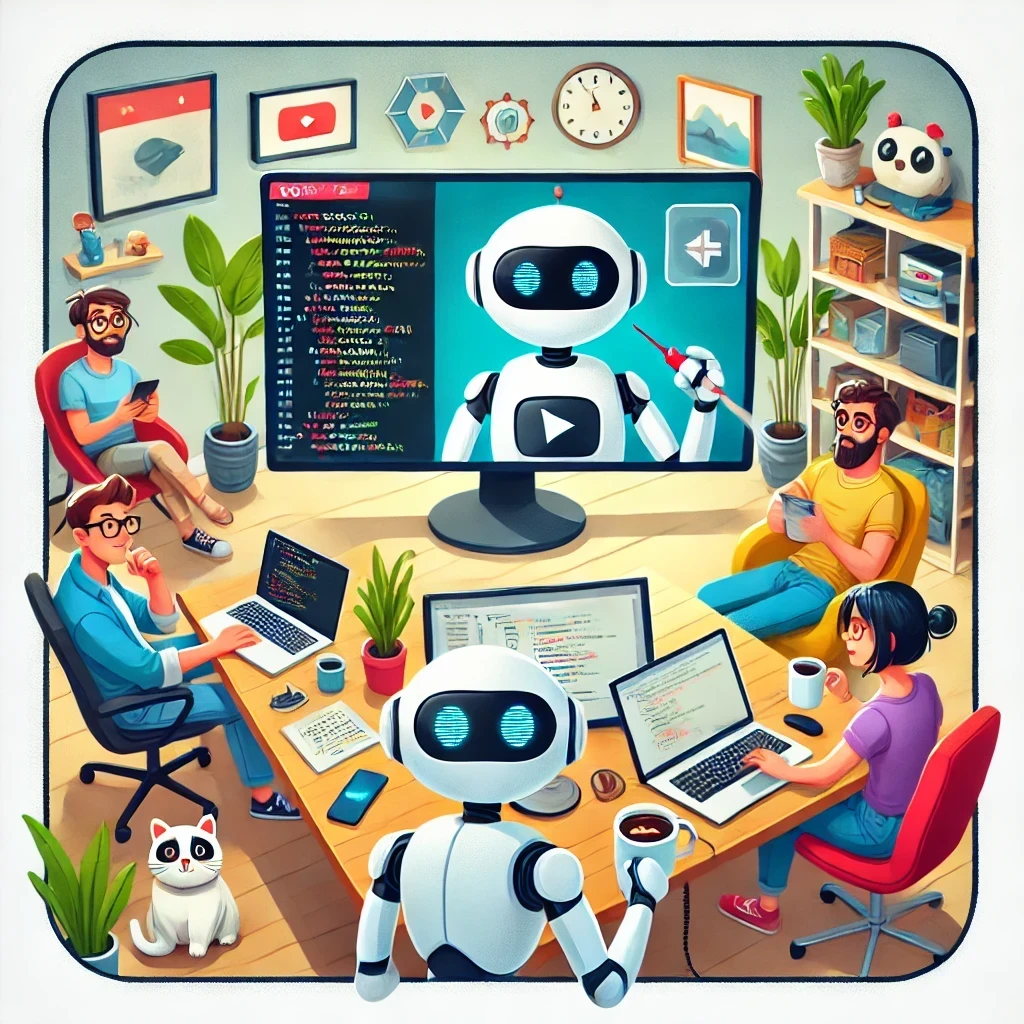
AI Code Review for Remote Development Teams
In an increasingly remote world, software development teams face unique challenges — from maintaining code consistency to ensuring efficient collaboration across time zones. AI-powered code review offers a groundbreaking solution, providing instant, reliable feedback that enhances productivity, streamlines workflows and promotes consistent coding standards. For remote teams, adopting AI in the code review process is more than just a convenience, it’s a strategic tool that bridges distances, automates repetitive tasks and supports continuous integration. As AI-driven code review becomes essential for modern development, remote teams can now overcome traditional barriers and thrive in a new era of seamless, high-quality collaboration.
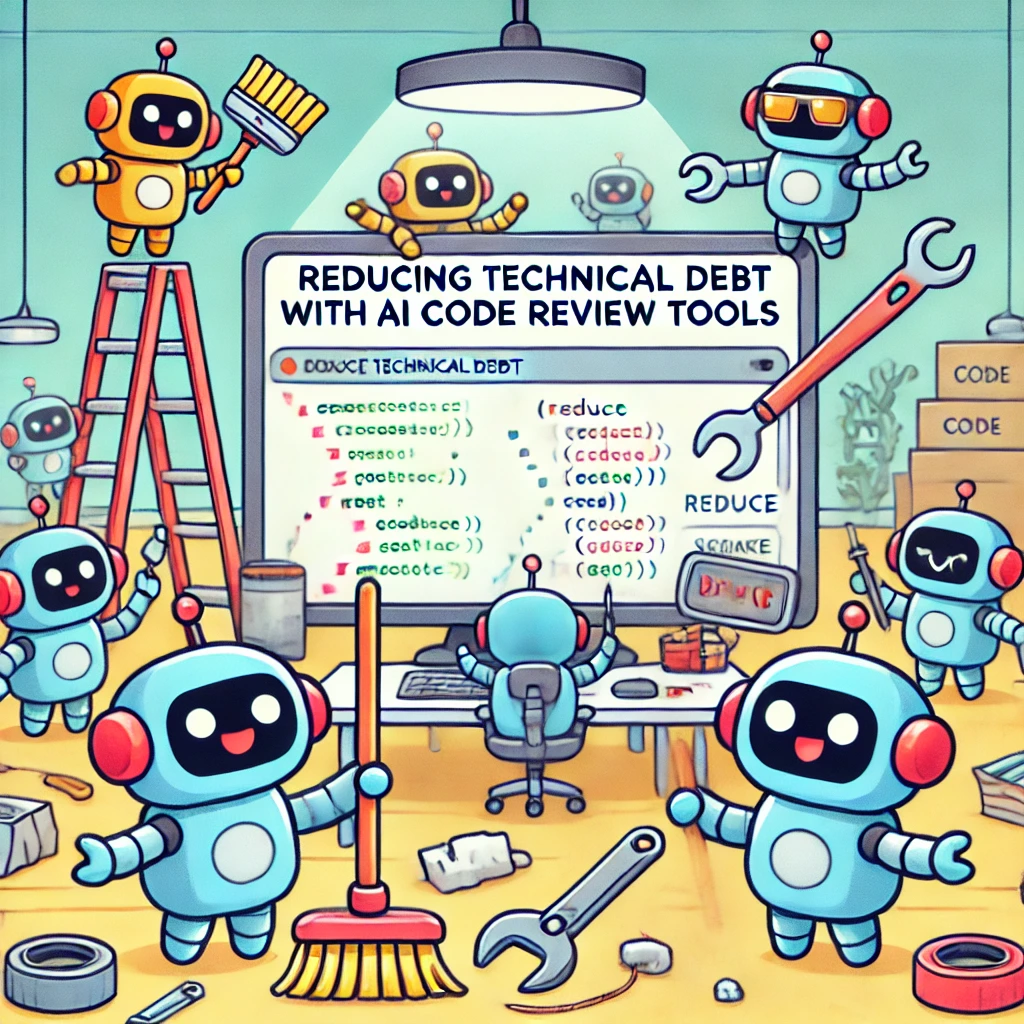
Reducing Technical Debt with AI Code Review Tools
Technical debt can weigh down even the most agile development teams, leading to costly rework and slower project timelines. AI-powered code review tools like CRken offer a proactive solution, automating the detection of potential issues and enforcing best practices to keep code quality high from the start. Built with advanced large language models (LLMs), CRken integrates directly with GitLab, providing real-time feedback that helps developers reduce technical debt and boost productivity. In this post, we explore how CRken and similar AI tools can transform code review, supporting sustainable development and enabling faster, more reliable releases.
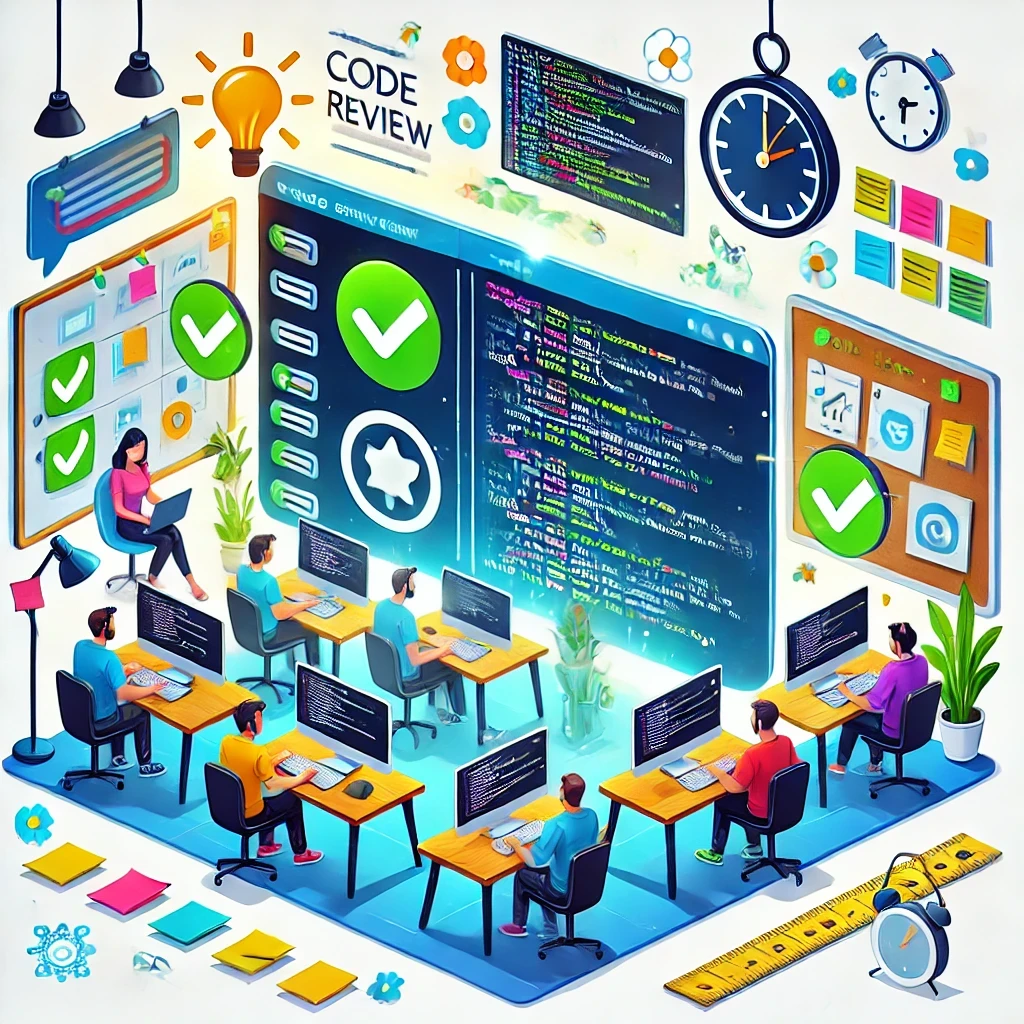
AI Code Review for Agile Teams: Speed and Quality
In fast-paced Agile development, balancing speed and code quality can be challenging. Traditional code reviews often create bottlenecks, slowing down feature releases and disrupting workflows. AI-powered code review tools offer a solution by automating reviews, providing real-time feedback and ensuring consistent coding standards across multiple languages. In this post, we explore how AI-driven tools like CRken enhance productivity, streamline collaboration and help Agile teams achieve faster releases without compromising quality. Discover how integrating AI into your workflows can unlock new levels of efficiency and set your team up for long-term success.

Boosting Developer Efficiency with AI-Powered Code Review
Maintaining high-quality code while meeting tight deadlines is a constant challenge. AI-powered code review tools are transforming software development by automating routine tasks, enhancing code quality and reducing the burden on developers. These tools integrate seamlessly into workflows, offering real-time feedback that speeds up deployments and minimizes bottlenecks.
More than just automation, AI tools act as collaborative partners, providing actionable insights that help developers improve their skills and write maintainable code. By reducing cognitive overload and preventing burnout, AI-powered code reviews enable developers to focus on creative problem-solving and innovation.
As AI continues to evolve, these tools will become essential for teams striving to deliver high-quality software faster and with fewer errors. For organizations looking to stay competitive, embracing AI-powered code review is no longer just an option — it’s becoming a key driver of efficiency and success in modern software development.
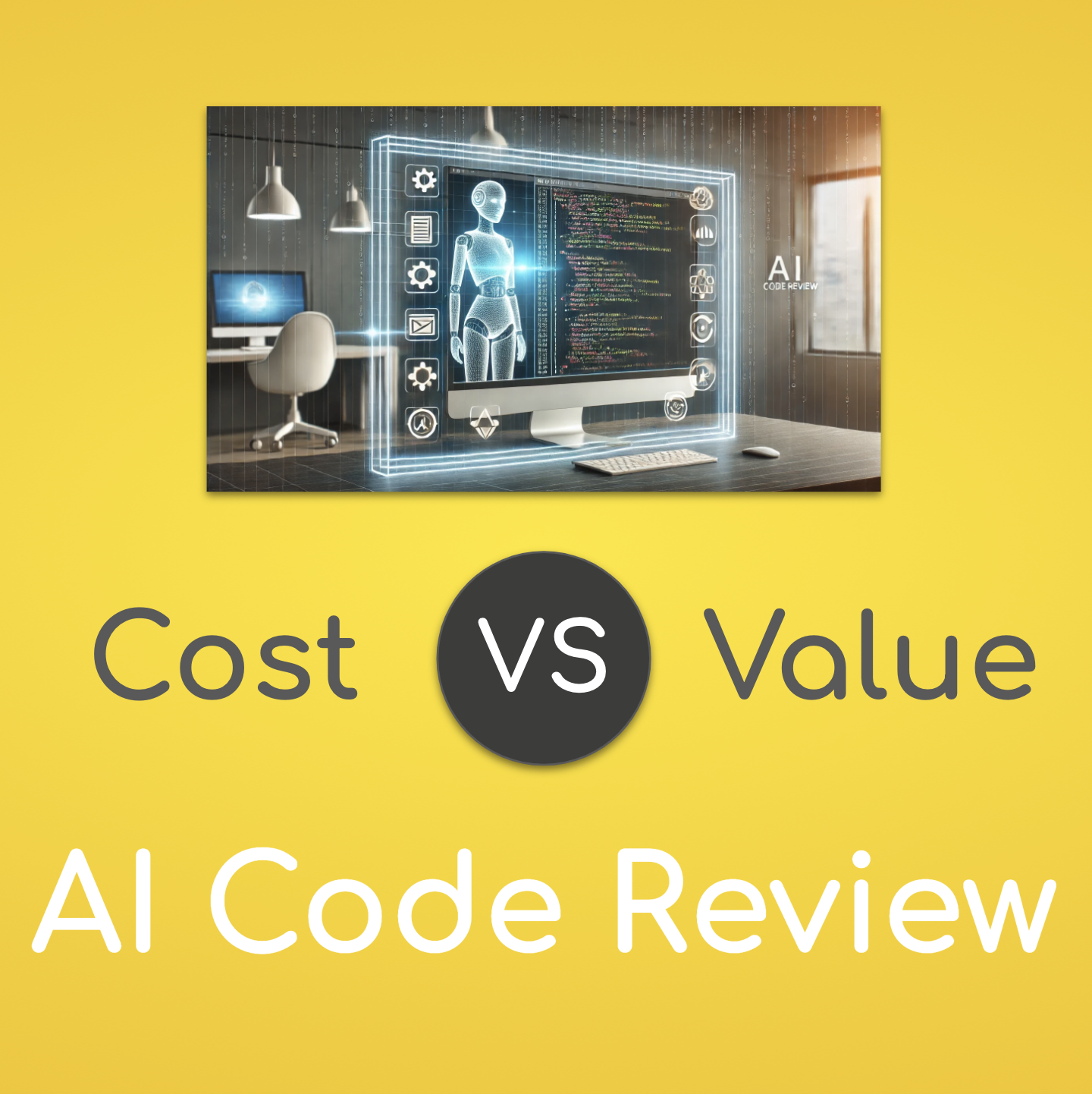
AI-Powered Code Review: Is It Worth Paying For?
With software development becoming faster and more complex, ensuring code quality is more essential than ever. However, traditional code reviews can cause delays and inconsistencies. AI-powered tools offer a solution by automating routine tasks, providing instant feedback and ensuring consistent quality. Integrated with platforms like GitLab, these tools help teams detect bugs, enforce standards and optimize performance efficiently.
This post explores the benefits of AI-powered code review, such as time and cost savings and how AI works alongside human reviewers. We also address common concerns like false positives and privacy and discuss emerging trends such as adaptive AI models. Discover if investing in AI-powered code review is the key to enhancing your development process and staying competitive.
